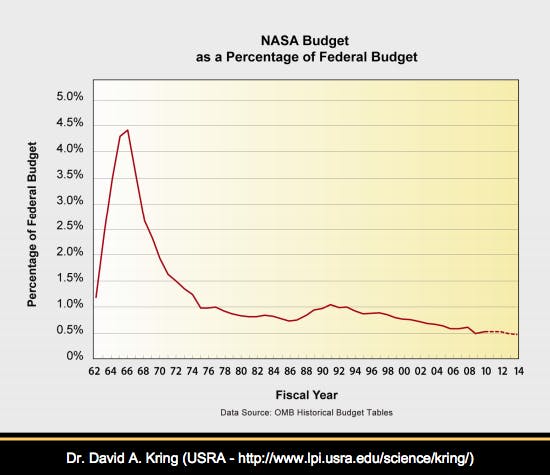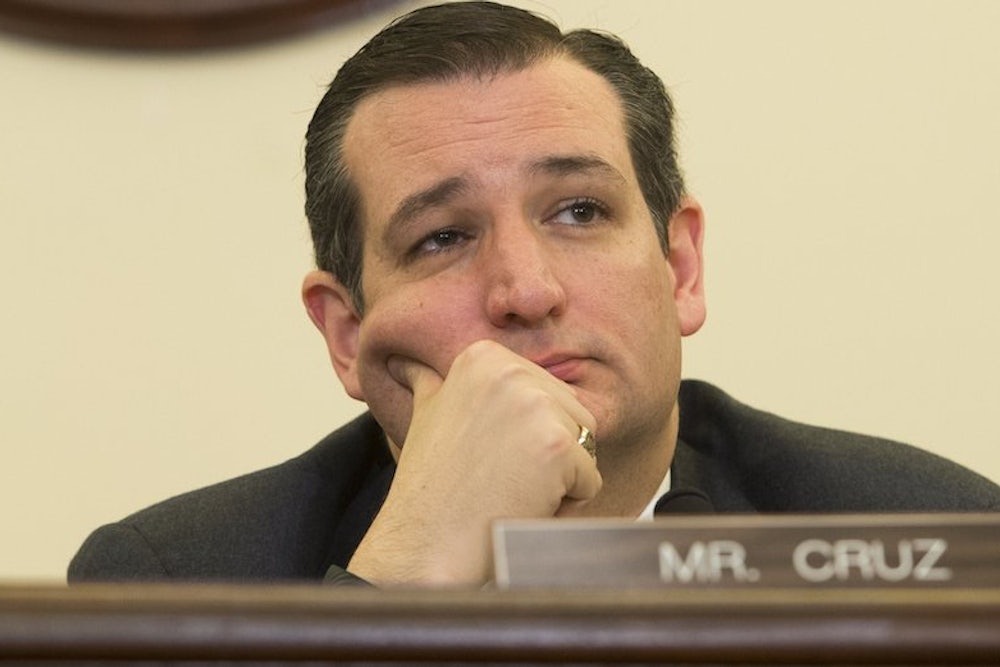At a Thursday budget hearing in the Senate Space, Science, and Competitiveness subcommittee, Ted Cruz—long known as an informed, astute scientific observer, specifically regarding climate—insisted that NASA "get back to the hard sciences". In his mind, that means the agency should focus on more space exploration and less Earth science. “[T]here are a lot of people studying Texas soil, you’ve got a whole Department of Agriculture that spends a lot of time and energy studying the soil in Texas and everywhere else, which is fine, but that isn't what makes NASA special,” Cruz said.
In response, the American Geophysical Union, which represents more than 60,000 scientists worldwide, sent a letter to Cruz on Friday explaining just how essential NASA's work is. "Earth sciences are a fundamental part of science," wrote AGU Executive Director Christine McEntee. “The applicability of these missions cannot be overstated given their impact on your constituents.”
The AGU's letter clarifies exactly what makes NASA special, just for Senator Cruz. For example, the letter cites how NASA provided data on the movement of oil from the Deepwater Horizon disaster in 2010, which helped response teams' planning. NASA has also helped to monitor algal blooms, which pose a threat to residents' drinking water in coastal communities. The agency also does integral work in improving predictions for drought levels, flooding, and severe storms. You don't even have to accept climate change to understand the value of better forecasts. But for the vast majority who do accept the science, NASA's work studying both extreme weather and greenhouse gas emissions is critical to adapting to the changing climate. It's impossible to get the same complete snapshot of these conditions across Earth from anywhere but outer space.
"The Earth science mission of NASA is a lot more than climate change," an AGU spokesperson for McEntee said. "If that's where Senator Cruz is coming from than it's misplaced."
Cruz claims that NASA's exploration of Earth is suppressing its space exploration. But it's far more likely that congressional budgetary constraints are the real problem. NASA’s budget today is less than one-half of 1 percent of the federal budget. If Cruz were actually concerned about exploration, he might offer them a raise. This is a historic low for the agency, down from 1 percent in the 1990s.

Cruz's office did not return a request for comment on AGU's letter.
